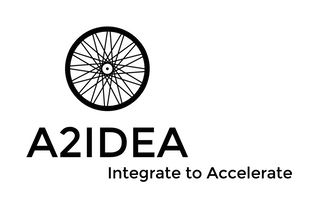If you're in precision oncology, you've likely heard of large-scale sequencing studies of tumor samples like The Cancer Genome Atlas (TCGA) (focusing on 2,658 tumor samples) or the report from the Hartwig Medical Foundation (with findings from 4,784 solid tumor samples). These whole-genome sequencing (WGS) initiatives were some of the largest to date.
In October 2018, the NHS finished recruiting for the 100,000 Genomes Project, and analysis has been ongoing; it's a massive undertaking of a research study with an extremely promising outlook for significant insights. We've recently been looking at a specific analysis, "Insights for precision oncology from the integration of genomic and clinical data of 13,880 tumors from the 100,000 Genomes Cancer Programme," as a showcase for the data mining opportunities provided. Sosinsky et al. were able to sequence a colossal collection of 16,358 tumor-normal sample pairs from 15,241 patients who were recruited to the program, and through an integrated whole-genome analysis of 33 tumor types in 13,880 tumor samples were able to detect several different types of mutations, such as small variants, CNAs, fusions, and germline variants.
These sorts of WGS studies are increasingly important in cancer research, especially in precision oncology. By focusing on clinically actionable gene and pangenomic markers, we can discover the implications for current clinical care pertaining to treatment and long-term survival rates. WGS is just one more tool to add to our cancer treating toolkit. Sources like the National Genomic Test Directory for Cancer, launched by the NHS as a standardized resource for equitable access to comprehensive genomic testing, are very exciting.
There are many more avenues of research possible from WGS projects, especially from the 100,000 Genomes Project, which is accessible under a "broad consent" model. If you would like to mine or use data from this project or others, please don't hesitate to reach out to A2IDEA for help with your bioinformatic analysis.

